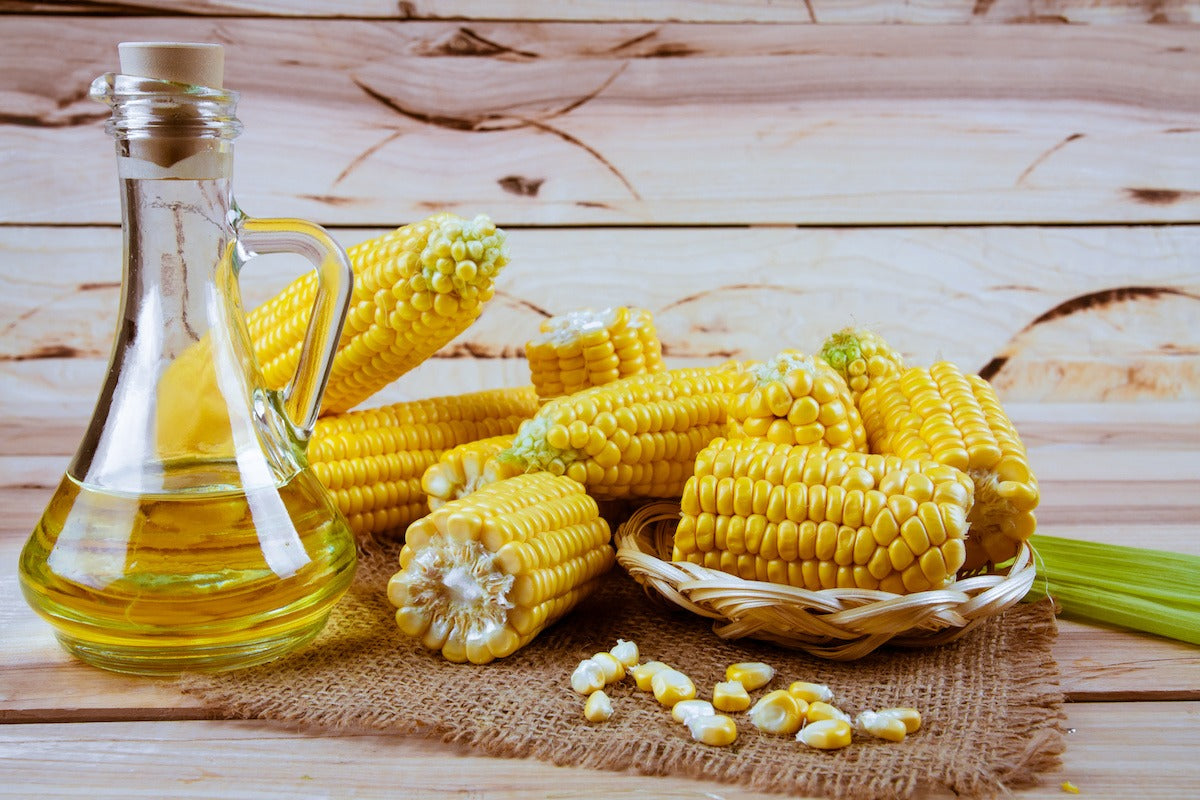Choosing the right cooking oil can sometimes feel overwhelming, given the myriad of options available on the market. Kitchen professionals and home cooks alike often find themselves debating between the merits of corn oil and canola oiltwo popular choices in many households.
In this article, we will delve deep into the specifics of both these oils, helping you make a well-informed decision. Whether you're concerned about health, taste, or cooking versatility, we've got you covered.

What Exactly is Corn Oil?
Corn oil, as the name suggests, is extracted from the germ of corn kernels. It has gained immense popularity due to its mild flavor and high smoke point, making it suitable for a variety of cooking methods, including frying and baking.
Nutritional Profile of Corn Oil
One tablespoon of corn oil contains approximately 120 calories, 13.5 grams of fat, no protein, and no carbohydrates. Corn oil is a rich source of polyunsaturated fats, particularly omega-6 fatty acids, which play a crucial role in brain function and normal growth and development.
However, it's essential to balance omega-6 intake with omega-3 fatty acids to maintain optimal health. Excessive omega-6 intake without adequate omega-3s can lead to inflammation and other health issues.

Understanding Canola Oil
Canola oil is derived from the seeds of the canola plant, which is a variety of the rapeseed plant. It is prized for its light flavor, high smoke point, and versatility in cooking. Like corn oil, canola oil is a staple in many kitchens around the globe.
Nutritional Profile of Canola Oil
One tablespoon of canola oil contains about 124 calories, 14 grams of fat, and no protein or carbohydrates. Canola oil is known for its favorable fat composition, boasting a high concentration of monounsaturated fats and a relatively low level of saturated fats. It also contains a good balance of omega-6 and omega-3 fatty acids.
Unlike corn oil, canola oil also provides a small amount of alpha-linolenic acid (ALA), an essential omega-3 fatty acid that has been linked to numerous health benefits, including heart health and reduced inflammation.

Corn Oil vs. Canola Oil: Health Benefits
Heart Health
Both corn oil and canola oil offer heart-healthy fats, but canola oil may have the edge here due to its higher levels of monounsaturated fats and omega-3 fatty acids. These nutrients have been shown to reduce bad cholesterol levels and lower the risk of heart disease.
Inflammation
While both oils contain omega-6 fatty acids, which can promote inflammation in excess, canola oil's omega-3 content helps to counteract this effect. Therefore, canola oil may be a better choice for managing inflammation levels in the body.
Antioxidant Properties
Corn oil contains vitamin E, a potent antioxidant that protects cells from damage caused by free radicals. However, canola oil also contains vitamin E, making both oils beneficial in this regard.

Cooking Applications
Smoke Point
The smoke point of an oil is a crucial factor in determining its suitability for different cooking methods. Corn oil has a smoke point of around 450F (232C), while canola oil's smoke point is approximately 400F (204C). Both oils can handle high-heat cooking, but corn oil may be slightly better suited for frying.
Flavor
Both oils have a mild flavor, making them versatile options for a wide range of dishes. However, some may prefer the slightly nuttier taste of canola oil in certain recipes. Ultimately, the choice comes down to personal preference and the specific dish you are preparing.
Sustainability and Environmental Impact
When considering which oil to use, it's also essential to think about the environmental impact. Corn is a water-intensive crop, and conventional corn farming can involve significant use of pesticides and fertilizers. On the other hand, canola is generally considered a more sustainable crop, requiring less water and fewer chemical inputs.
Genetically Modified Organisms (GMOs)
Most corn oil on the market is derived from genetically modified (GMO) corn. Canola oil is also commonly GMO, but non-GMO options are more readily available. If avoiding GMOs is important to you, be sure to look for labels indicating organic or non-GMO verified products.
Price Comparison
Price is often a deciding factor when choosing between cooking oils. Generally, corn oil tends to be slightly less expensive than canola oil. However, the price difference is usually minimal, and the health and cooking benefits of canola oil may justify the slightly higher cost.
Expert Opinions on Corn Oil and Canola Oil
Many nutritionists and health experts recommend canola oil over corn oil due to its more favorable fatty acid profile and potential health benefits. However, both oils can be part of a healthy diet when used in moderation and in conjunction with other healthy fats, such as olive oil and avocado oil.
Conclusion: Making Your Choice
Ultimately, the choice between corn oil and canola oil comes down to your specific health goals, cooking needs, and personal preferences. Both oils have their unique benefits and drawbacks, and incorporating a variety of healthy fats into your diet is the best approach.
For more in-depth analysis and further reading, you can explore external resources such as Healthline's guide on healthy cooking oils. Additionally, consider reviewing Keeping a Clean Kitchen for more kitchen management tips.
As an Amazon Associate, I earn from qualifying purchases.
FAQs
Is canola oil better for heart health compared to corn oil?
Yes, canola oil is generally considered better for heart health due to its higher monounsaturated fat content and omega-3 fatty acids, which help reduce bad cholesterol levels.
Can I use corn oil and canola oil interchangeably in recipes?
Yes, both oils have similar smoke points and mild flavors, making them versatile options for various cooking methods. However, the slight flavor differences might affect the final taste of your dish.
Are there non-GMO options available for corn oil and canola oil?
Yes, non-GMO and organic options are available for both corn oil and canola oil. Be sure to check labels for organic or non-GMO verified products if avoiding GMOs is important to you.






Leave a comment
This site is protected by hCaptcha and the hCaptcha Privacy Policy and Terms of Service apply.